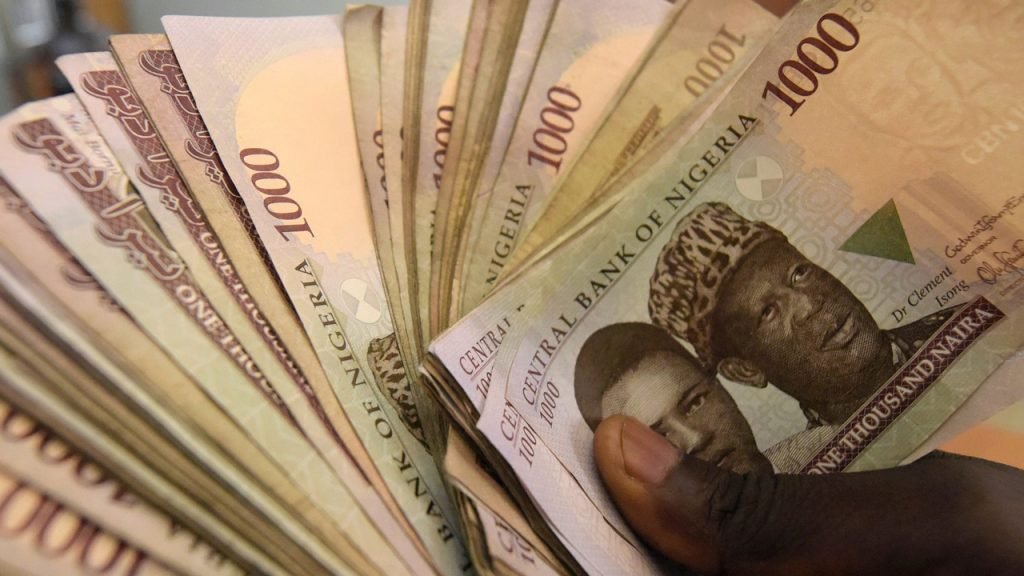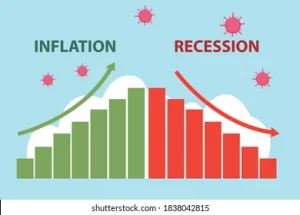
The Nigerian currency posted marginal gains in the country’s foreign exchange market, while the U.S. Dollar Index fell to its lowest level since 2022.
Market activity showed the naira trading at the N1600/$ borderline in the official market, while fluctuating between N1620 and N1630/$ across various segments of the unofficial market.
Domestic demand for the dollar remains high, contributing to the naira’s continued weakness, even as global demand for the dollar has declined due to a sell-off in the U.S. Treasury market.
Despite encouraging data from the Central Bank of Nigeria (CBN), growing uncertainty is evident in the sharp rise in dollar demand and tight liquidity conditions in the nation’s forex market.
Nigeria’s access to international debt markets has become increasingly challenging due to recent volatility in U.S. Treasuries—particularly as the federal government explores dollar-denominated instruments to address its budget deficit.
Oil-exporting nations, particularly Nigeria, are facing new economic headwinds following the recent decline in crude oil prices, which the CBN has linked to global tariffs. Crude oil exports account for about 90% of Nigeria’s foreign exchange earnings.
The U.S. Dollar Index briefly fell to its lowest point since 2022 before staging a modest recovery. It hovered around the 99.60 level as investors responded to growing stagflation concerns.
Fresh selling pressure on the U.S. dollar (USD) earlier in the day pushed the euro and British pound to multi-month highs. The rebound in the dollar came despite these gains, as concerns around inflation, consumer sentiment, and global trade tensions persisted—even amid a temporary easing of U.S. reciprocal tariffs.
Technically, the dollar remains under downward pressure. The index had dropped to 99.37 earlier, marking a five-day losing streak. The dollar continues to show weakness amid an escalating trade conflict with China.
Former President Donald Trump announced last week a 90-day moratorium on reciprocal tariffs for all trading partners except China. This move follows an increase in tariffs on Chinese goods from 100% to 125%, further intensifying trade tensions.
Trump’s tariff policies have weighed on the greenback, undermining U.S. financial leverage globally and fueling political and economic instability.
While few investors anticipated the dollar’s sharp drop in April, the reaction—though surprising—has not led to a severe financial shock. Much of the foreign investor pullback, especially from Japan’s stock market, appears to be part of a broader strategy to reduce exposure to U.S. assets.
Though the Dollar Index saw a slight recovery yesterday, it remains technically fragile. However, given how much the Nigerian naira has decoupled from global currency trends, the weakness in the dollar index has little direct impact on the naira’s outlook.






